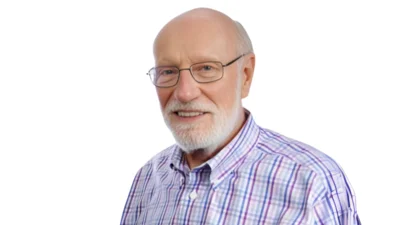Former CMS head: PBMs driving down drug costs, 'price-fixing' won't work

Two leading experts this week, however, threw cold water on that proposal, noting that such negotiations already exist and serve to bring down drug costs.
"There are many ways you can drive down drug prices, but having the government negotiate down drug prices — which means "fixing" prices — is a really bad idea," said Tom Scully, the former head of Centers for Medicare and Medicaid Services (CMS), in an interview on CNBC earlier this week.
Scully served as CMS Administrator from 2001 to 2003 under President George W. Bush, and oversaw the enactment of the Medicare Part D — commonly known as the Medicare Prescription Drug — program.
In his CNBC interview, Scully explained that negotiations already occur at the hands of the pharmacy benefit managers (PBMs) that administer drug benefits in Medicare Part D.
"They (the PBMs) are the ones who have driven down prices," said Scully. "So Part D has been flat, price-wise, for almost ten years, it's worked well, it's driven prices down."
Douglas Holtz-Eakin, the former director of the non-partisan Congressional Budget Office (CBO), backed up Scully's statements in a blog post this week at the American Action Forum.
"Despite the repeated assertions to the contrary, there are tons of negotiations in the Medicare drug program," wrote Holtz-Eakin. "They are private negotiations between and among prescription drug plans, pharmacy benefit managers, and drug manufacturers — and they produce substantial price reductions."
Holtz-Eakin seconded Scully's notion that many who favor "negotiation," in truth, favor price controls.
"The reality is that government could impose price controls, and that’s what most progressives mean when they say 'negotiate,'" continued Holtz-Eakin. "But President Trump also blasted price controls in other countries and wants innovation to accelerate. The reality is that price controls will stifle innovation."
According to Scully, President Trump is "fixed on" talking about price negotiations because "it sounds simple and it's great populist idea."
Scully, however, warns that, "Fixing prices doesn't work, never has, and won't with drugs."










 Alerts Sign-up
Alerts Sign-up